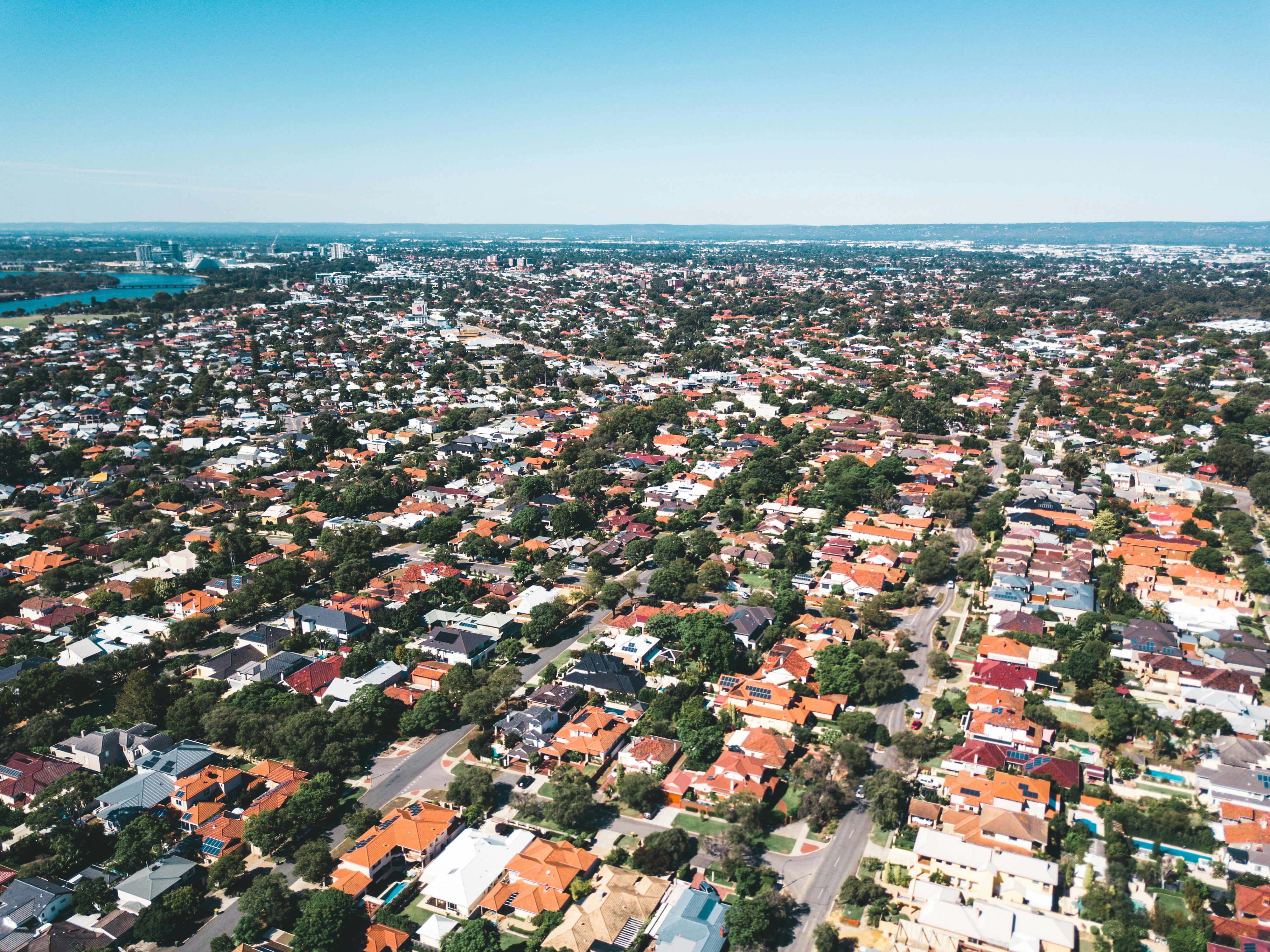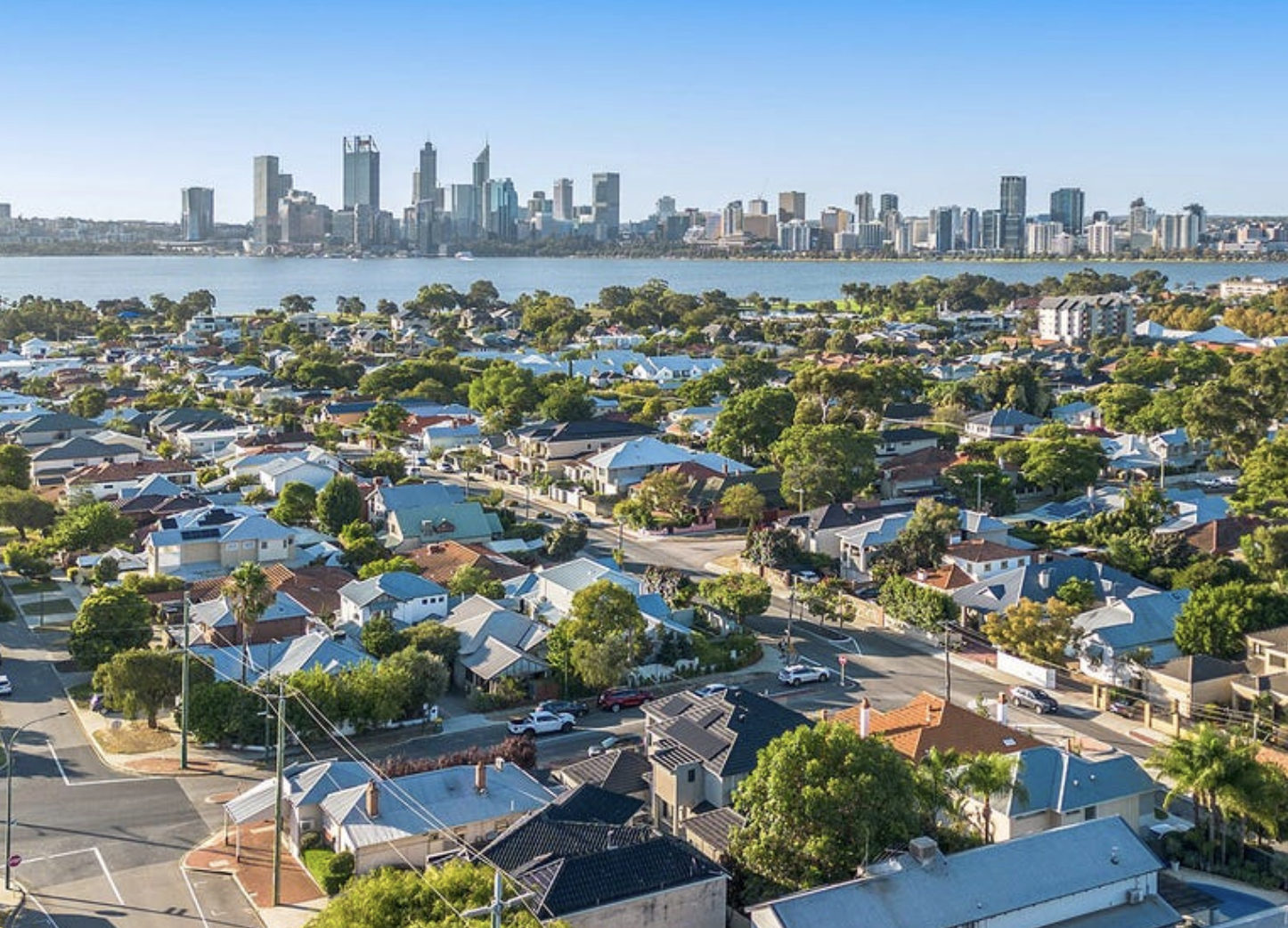Budget buzz has yet to die down and is unsurprisingly dominating news headlines and social media across the country.
Let's dive into what the Budget 2022 means for property owners and buyers.
Your 10-second news wrap

Dubbed the ‘cost-of-living’ Budget, property and housing affordability were major themes. The biggest property-related measures announced were:
- First Home Guarantee Scheme - Launched in 2020, the Home Guarantee Scheme allows first-home buyers to enter the property market with a minimum 5% deposit, allowing them to avoid LMI costs. The government has significantly expanded the scheme, boosting it from 10,000 places each year to 35,000, starting 1 July, 2022. The program has been extended until 2025.
- Family Home Guarantee - This scheme allows single parents to buy a home with a deposit as small as 2%. They don’t have to be a first-home buyer to be eligible. Places in this program have also been increased from 10,000 places over four years to 5,000 places per year, until 2025.
- Regional Home Guarantee - The government has launched the new Regional Home Guarantee, with an initial 10,000 places. Under this scheme, both first-home buyers and previous homeowners who haven’t owned a property in the past five years are eligible to buy a home with a 5% deposit.
What does this mean for you?Clearly, this was a pre-election budget packed with plenty of sweeteners for voters.
90% of aspiring property buyers said housing affordability will be their top issue when heading to the polls in May, according to The Property Council. However, the government’s biggest challenge in encouraging home ownership is to strike the right balance between supporting first-home buyers and protecting the values of existing homeowners.
As the new measures address the demand side of the equation, they’ll almost certainly push up buyer demand and housing values in the short to medium term. Properties in typical first-home buyer areas will benefit the most, with a spike in demand expected in these more affordable markets. This could further drive demand for units, which are traditionally popular among first-home buyers and investors.
Existing property owners will no doubt welcome this news, given heavy speculation of softening prices in the next two years and rising interest rates in coming months.
Fact of the week
Top 5 suburbs in Australia with the biggest price growth in 2021

- Median property prices showed the greatest upswing in Nowra on NSW’s south coast, according to PowerHousing Australia. Three NSW suburbs and two Queensland suburbs made the top five list.
- Three of the suburbs are in non-metro areas, highlighting the strong growth in regional markets.
- Interestingly, the only high-income suburb on the list was Lindfield, on Sydney’s upper north shore. This could suggest that investors may want to consider markets beyond the traditional blue-chip suburbs for high-growth assets.
More quick news

- One group disapproved of the government’s popular fuel tax cuts: electric vehicle owners. The cuts are expected to temporarily save households $30 a week.
- The leaders of Australia’s biggest companies were generally supportive of the latest Federal Budget and its focus on bringing immediate relief to Australians, but were concerned about its ability to address longer term issues.
- Property developers are expecting surging demand from foreign buyers as international borders reopen, with a strong uptick forecast for June.
At a glance: prices & rents
-- Houses --

-- Units --

*Source: CoreLogic - March 2022.
- Housing prices in Sydney & Melbourne continued to ease for a second month in a row and are falling behind more affordable markets like Canberra, Adelaide and Brisbane. Price growth on a national level is also slowing its pace, albeit more gradually.
- Regional markets appear to be well-insulated from the slowdown seen in the rest of the country, recording 1.7% growth across houses & units in the past month, compared with 0.3% in the combined capitals.












